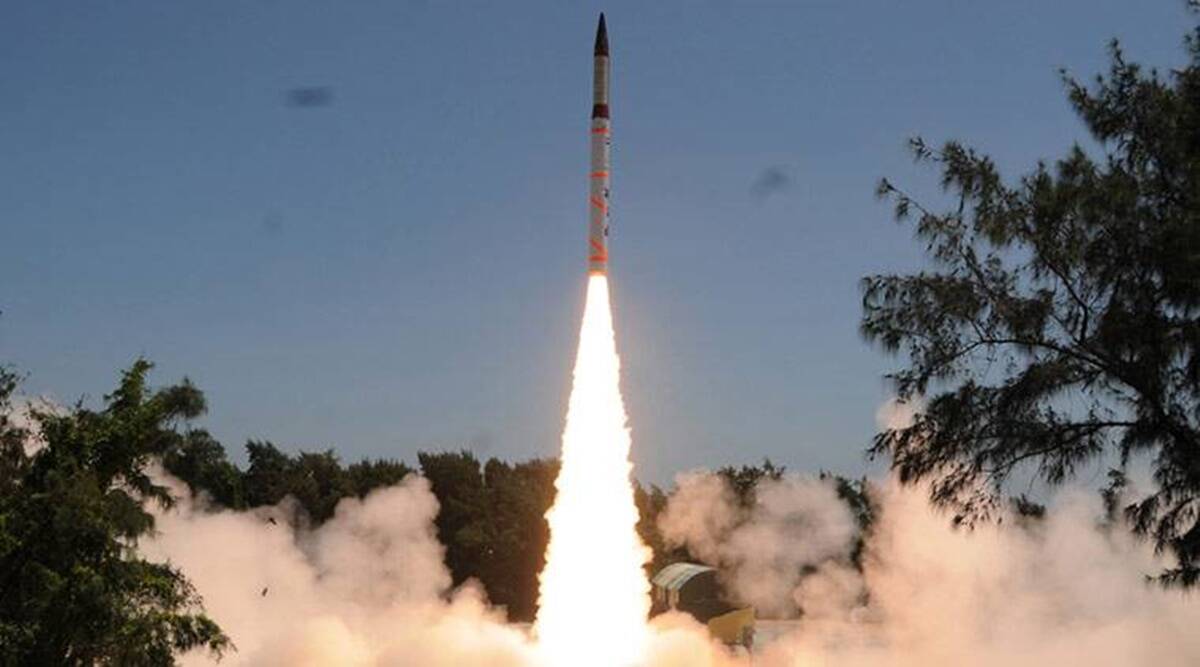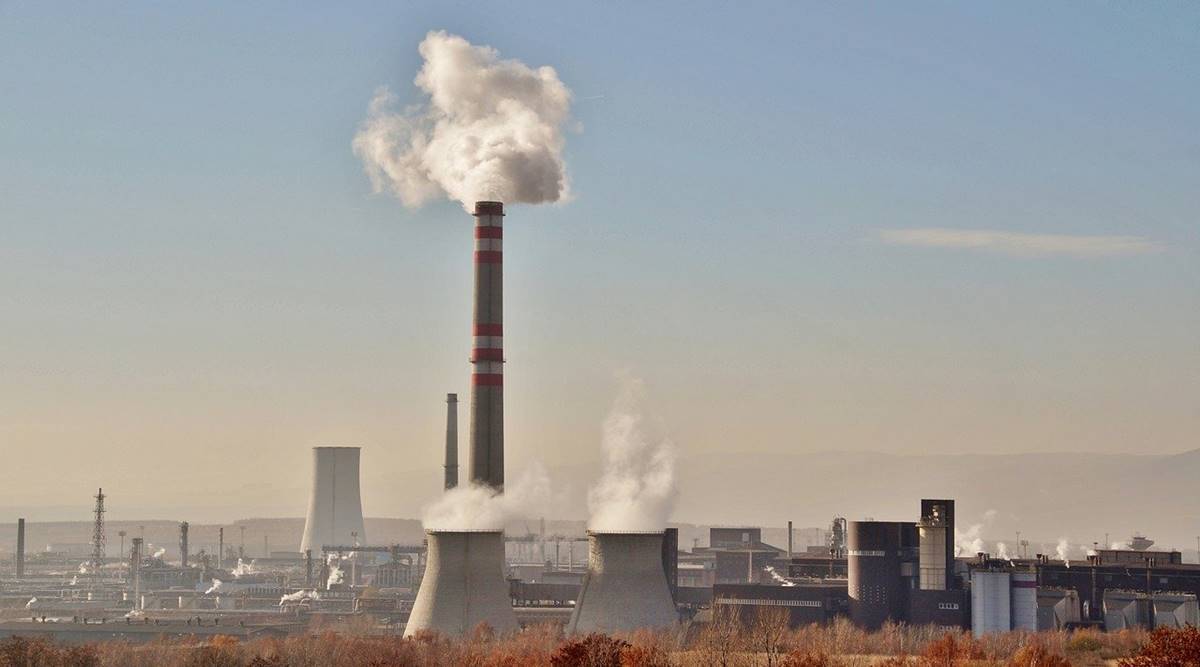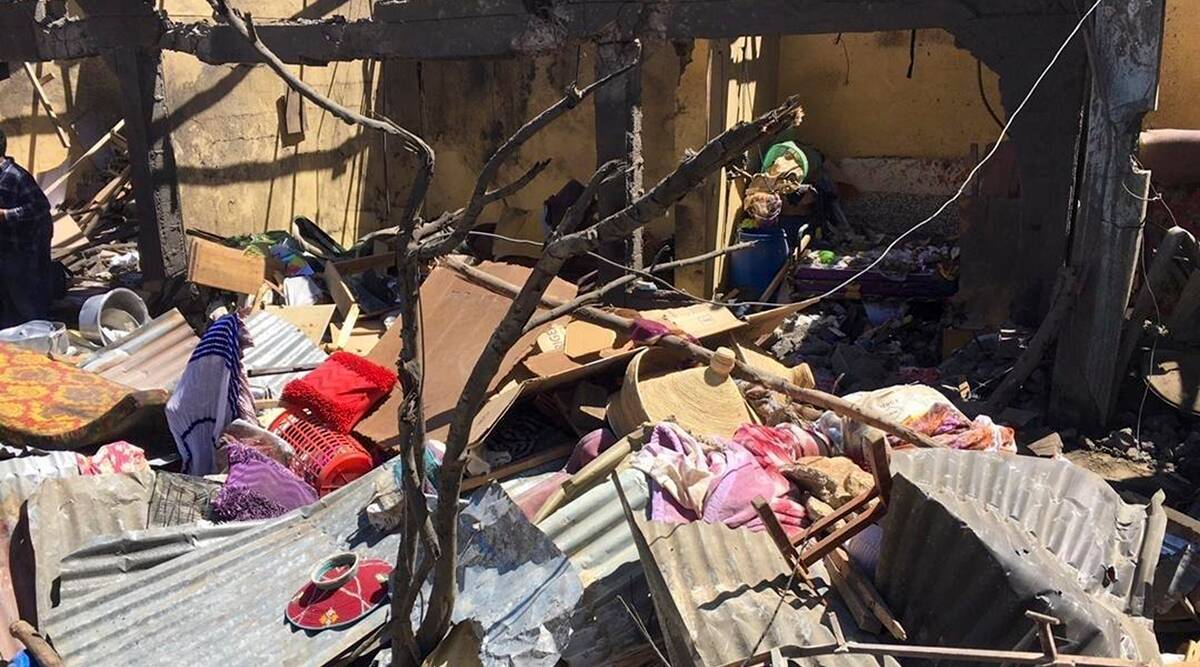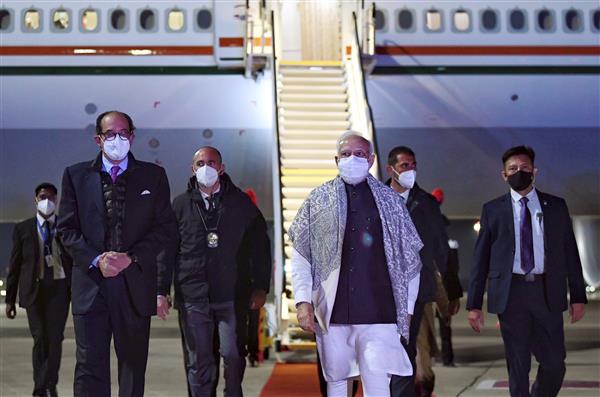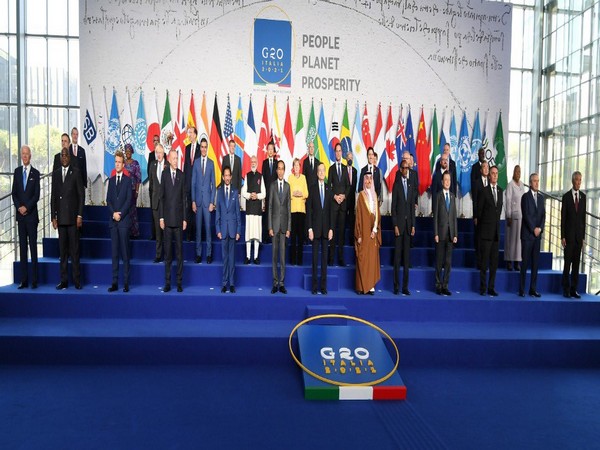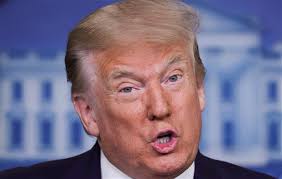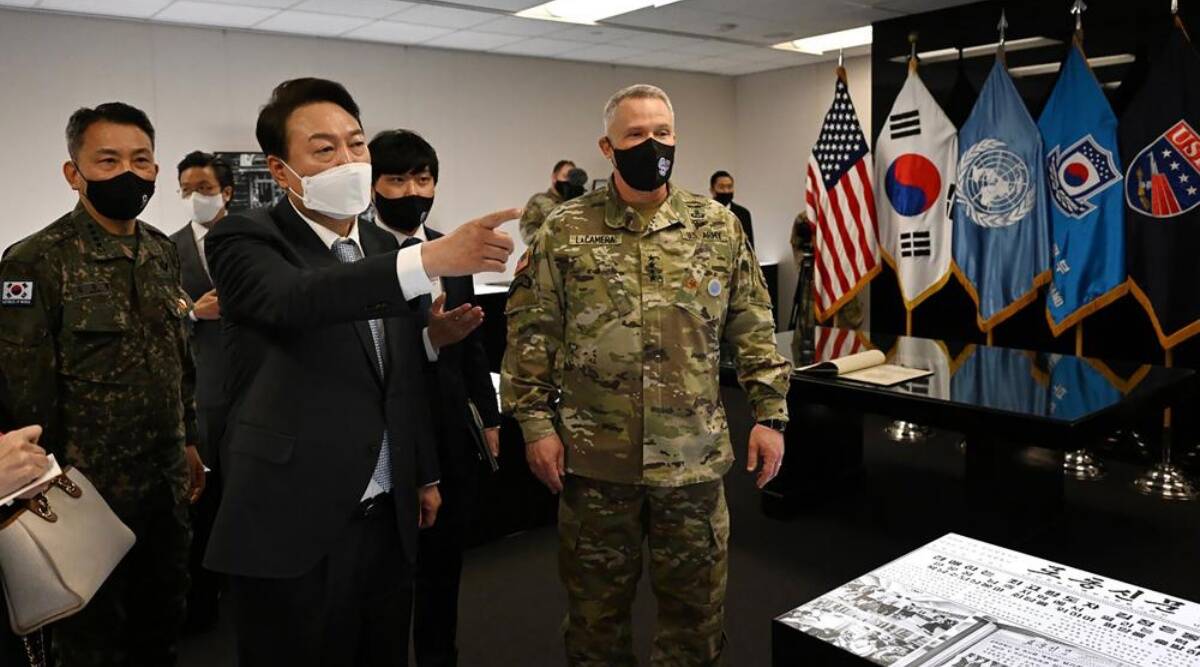
05/08/2022
Seoul, May 8: During his election campaign, South Korean President-elect Yoon Suk Yeol had tough words for North Korean leader Kim Jong Un, saying he would teach his rival some manners and sternly deal with his provocative missile tests with a strengthened alliance with the United States.
But as he takes office Tuesday for a single five-year term, the conservative Yoon must now confront an increasingly belligerent Kim, who openly threatens to use atomic bombs and is reportedly preparing for his first nuclear test explosion since 2017, part of an effort to build warheads that specifically target South Korea.
North Korea has a history of trying to rattle new governments in Seoul and Washington to gain leverage in future negotiations. But if Kim orders a nuclear test, Yoon would be left with very limited options to deal with Kim at the start of his presidency.
There’s skepticism among experts over whether Yoon, despite his rhetoric, can accomplish something meaningfully different from outgoing President Moon Jae-in while North Korea continues to reject talks and focuses instead on expanding its nuclear and missile programs despite limited resources and economic difficulties.
“North Korea has the initiative. Regardless of whether conservatives or liberals are in power in South Korea, North Korea is pressing ahead with (missile tests) under its own weapons development timetable before it tries to tip the balance later,” said Park Won Gon, a professor at Seoul’s Ewha Womans University. “North Korea will now continue its provocations, but there are no ways to stop it.” Moon championed engaging North Korea and once shuttled between Pyongyang and Washington to arrange the now-stalled nuclear diplomacy. Even after North Korea urged Moon not to meddle in its dealings with Washington and insulted him, Moon still worked to improve relations and shied away from hitting back at the North.
Yoon has described Moon’s appeasement policy as “subservient” and accused him of undermining South Korea’s seven-decade military alliance with the United States. To neutralise North Korea’s nuclear threats, Yoon said he would seek a stronger US security commitment and enhance South Korea’s own missile strike capabilities, though he remains open to dialogue with the North.
During a rally before the March 9 election, as he slammed Moon for failing to strongly criticise Kim’s repeated missile tests, Yoon said that if elected, “I would teach (Kim) some manners and make him come to his senses completely.” Yoon has faced criticism that some of his policies are unrealistic and largely rehash past policies that failed to persuade North Korea to denuclearise.
For example, Yoon said he would push for economic cooperation projects linked to progress in denuclearisation steps by the North. Two past South Korean conservative presidents offered similar proposals from 2008 to 2017, but North Korea rejected the overtures.
Yoon said he would seek to establish a trilateral dialogue channel among Seoul, Pyongyang and Washington, but experts see little chance North Korea, which destroyed an unoccupied South Korean-built liaison office on its territory in 2020, will accept that idea now.
“The US-South Korea alliance could flourish, but North Korea’s nuclear weapons and missile program will further advance and that could elevate tensions on the Korean Peninsula to maximum levels. It’s hard to expect any meaningful progress in inter-Korean relations,” said Yang Moo Jin, a professor at Seoul’s University of North Korean Studies.
Nam Sung-wook, a professor at Korea University in South Korea, said a policy of linking incentives to denuclearisation “has reached its limits and will eventually never appeal to North Korea” because Pyongyang is highly unlikely to abandon a nuclear program that has reached such strength.
During his confirmation hearing last Monday, Yoon’s nominee for foreign minister, Park Jin, told lawmakers that North Korea “appears to have no intentions of denuclearising voluntarily. “He said the best option to stop North Korean provocation would be using a combination of pressure and dialogue to convince Pyongyang to opt for a path toward denuclearisation.
After test-launching a dozen missiles potentially capable of reaching the US mainland, South Korea or Japan this year, Kim recently said his nuclear weapons won’t be confined to their primary mission of deterring war if his country’s interests are threatened. Park, the professor, called Kim’s comments “dangerous” because they suggest North Korea could use its nukes even in an accidental border clash or if it misjudges Seoul’s military moves.
Recent satellite photos show North Korea is restoring a previously closed nuclear testing facility in possible preparation for its seventh atomic explosion. Experts say that test is related to North Korea’s push to manufacture warheads small enough to be mounted on tactical short-range missiles targeting South Korea, citing some of the North’s recent tests of such weapons. Nam said a nuclear test would make it extremely difficult for the Yoon government to try to resume talks with North Korea.
Kim seems to be trying to use his weapon tests to force the West to accept his country as a nuclear power so he can try to negotiate sanctions relief and security concessions from a position of strength. Experts say Kim is able to push forward his weapons programs because the UN Security Council cannot impose new sanctions while its veto-wielding members are divided. The US is involved in confrontations with Russia over its invasion of Ukraine and with China over their strategic rivalry.
Yoon’s possible over-dependence on the US alliance may cause Seoul to further lose voice in international efforts to defuse the North Korean nuclear issue while giving Pyongyang less reason to engage in serious talks with Seoul, said Lim Eul-chul, a professor at Kyungnam University’s Institute for Far Eastern Studies in Seoul. He said Seoul would need to create wiggle room for nuclear diplomacy and lure Pyongyang to talks with a flexible carrots-and-sticks approach.
How to boost the South Korea-US alliance to better deal with North Korean nuclear advancement will likely top the agenda when Yoon meets President Joe Biden in Seoul on May 21.
Yoon has promised to seek a tougher US extended deterrence, a reference to Washington’s ability to use military and nuclear forces to deter attacks on its allies. But some experts question whether such a security commitment can effectively protect South Korea from aggression from North Korea because the decision to use US nuclear weapons lies with the US president.
“Historically, it’s true the extended deterrence has never been enforced. In some sense, it’s like a gentlemen’s agreement,” Park, the professor, said. “Even if we succeed in institutionalising that to the maximum level, that still doesn’t guarantee an automatic US involvement” in the event of a war on the Korean Peninsula.-AP
